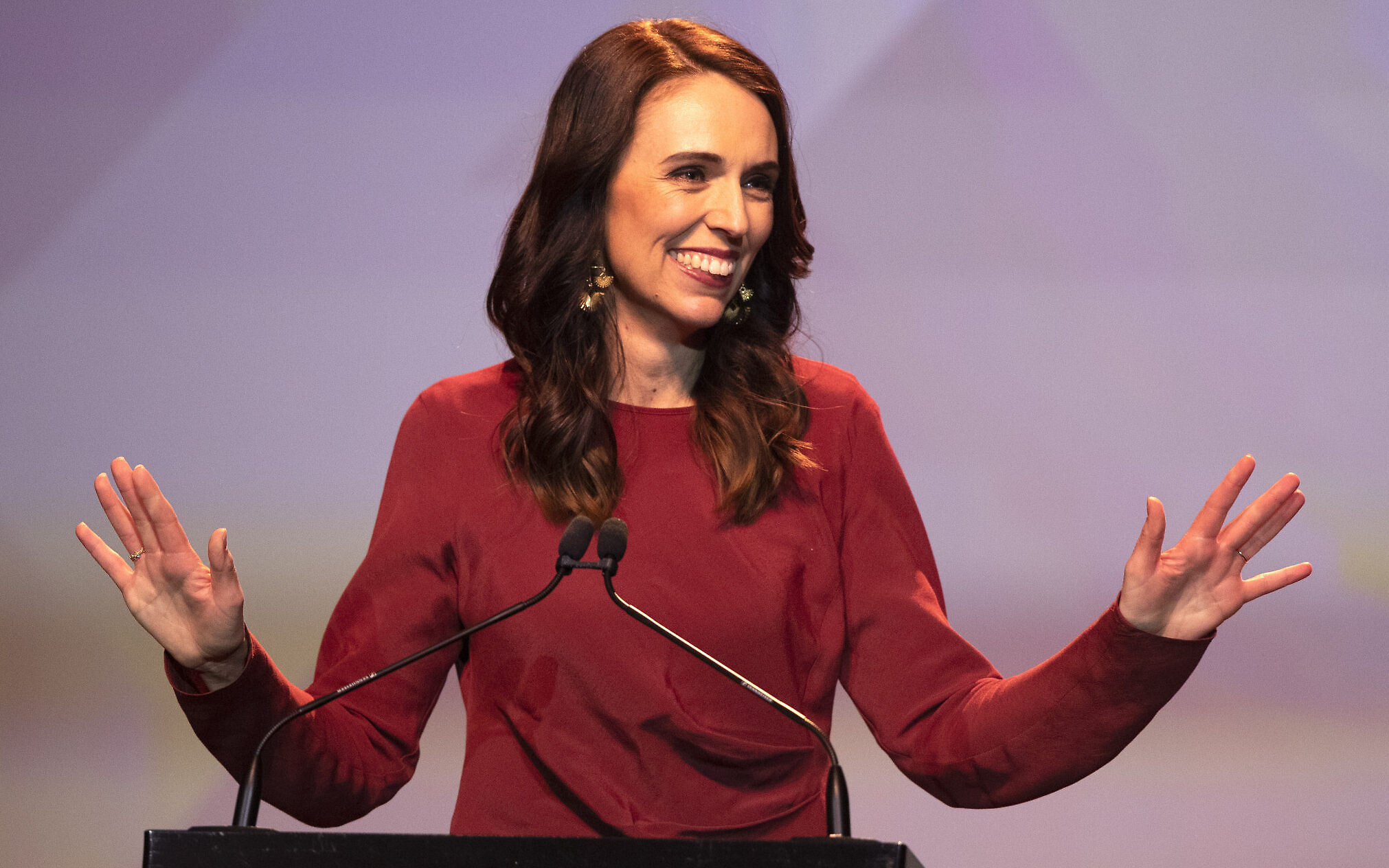Jubilee News Desk
Eyes are now towards New Zealand Prime Minister Jacinda Ardern as millions in the country head to choose government yet another time in the country’s general elections.
Elections slated in September, were postponed by a month after a renewed Covid-19 outbreak. Opinion polls put Prime Minister Jacinda Ardern on course to win a second term, boosted by her successful handling of the corona virus pandemic. But the big question now is whether she will win a parliamentary majority.
No party has won an outright majority in New Zealand since it introduced a parliamentary system known as Mixed Member Proportional representation (MMP) in 1996. More than a million people have already voted in early polling which opened up on 3 October. New Zealanders are also being asked to vote in two referendums alongside the general election vote.
Most poll pundits say that Ardern is on track to win a second term, and some opinion polls say there is even the possibility of her winning an outright majority. Professor Jennifer Curtin of the University of Auckland says have been similar situations in the past where one leader was tipped to win a majority, but it did not come. “When John Key was leader, opinion polls put his chances at 50% of the vote. But on the day it didn’t work out,” she said.
“New Zealand voters are quite tactical in that they split their vote, and close to 30% give their party vote to a smaller party, which means it is still a long shot that Labour will win over 50% of the vote.”
Ardern’s handling of the pandemic has certainly won her points, adding that it was “quite possible” New Zealand would have “rejected her if not for Covid-19”. The country still has covid threat and the manner the prime minister has handled the pandemic will also be reflected in the voting trends.

Also Read : Bihar election: Mahagathbandhan promises jobs from its first cabinet
Also Read : UP boy bags 17th rank in NEET
Ardern has pledged to instil more climate-friendly policies, boost funding for disadvantaged schools and raise income taxes on the top earning 2%.
There isn’t usually any one party that gets 50% of the party vote because there are just so many parties to choose from – and there isn’t usually one party that proves to be that popular. So parties usually have to work together to get the numbers they need – resulting in coalition governments.
 Jubilee Post News & Views
Jubilee Post News & Views





